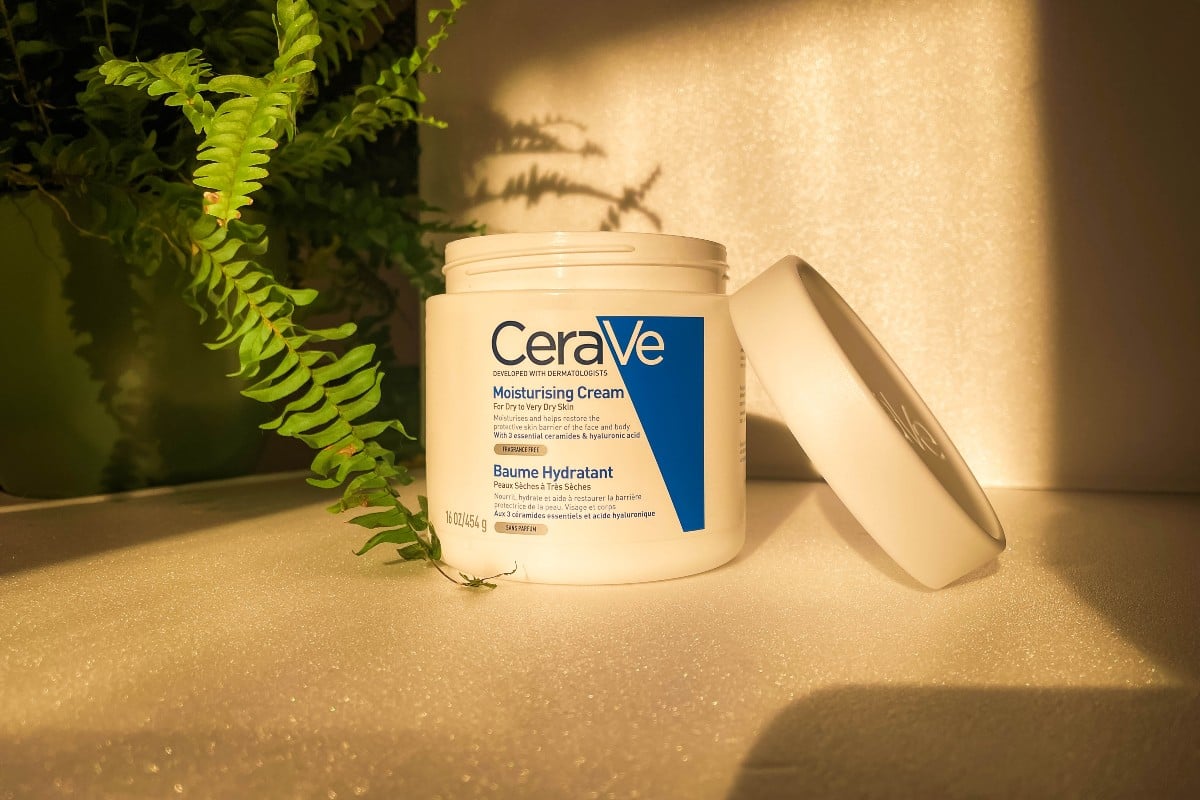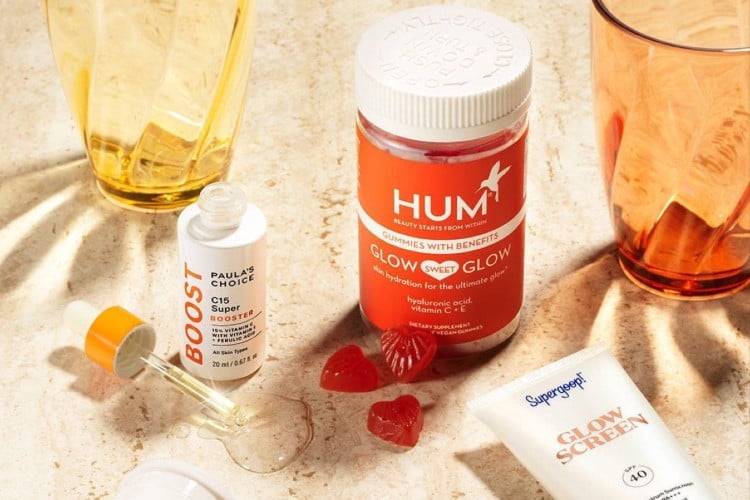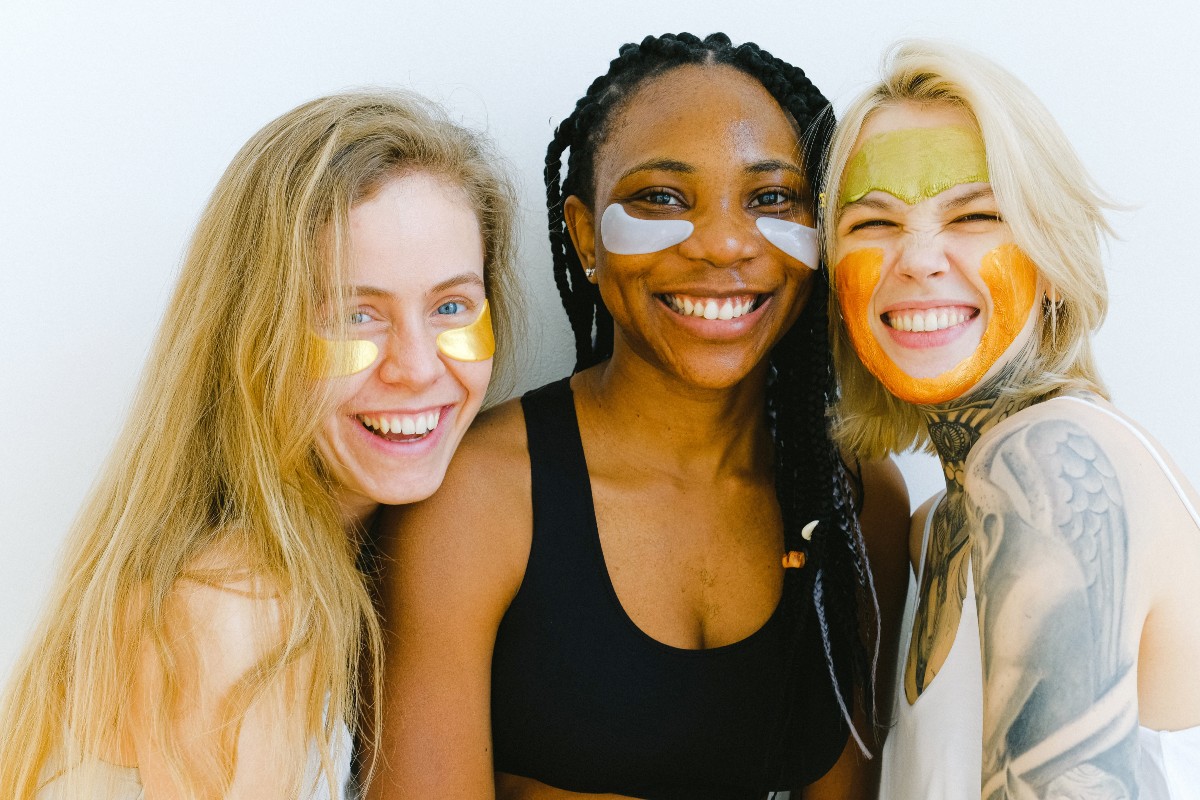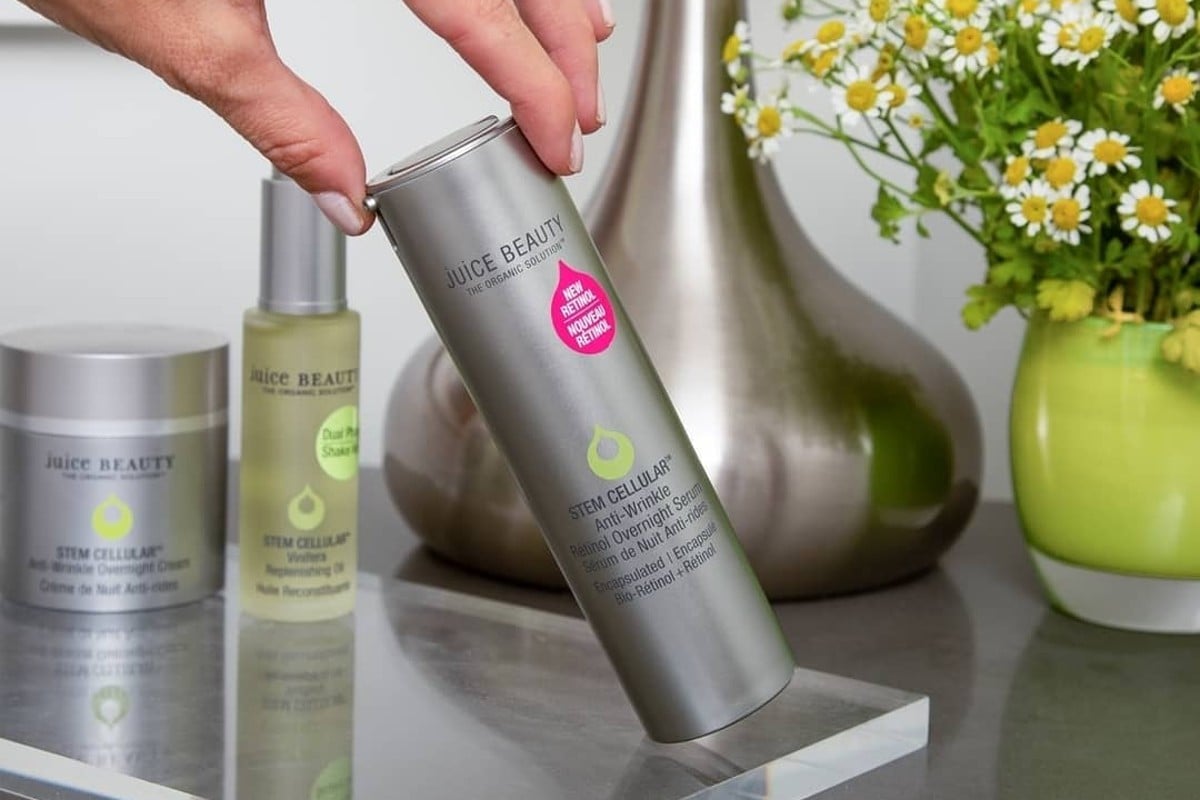Chances are you’re no stranger to the retinol fuzz, and you’ve already used it in one product or another. Or you may have seen it on your friend’s bathroom cabinet, scrolling through Insta skincare gurus, or a derm mentioned it to you. Certainly, you’ve heard that retinol is a gold-standard multitasker in skincare, whether it’s about tackling wrinkles, acne, or skin discolorations. And there’s tons of research backing up its benefits!
But as good as it can be, retinol isn’t the easiest skincare ingredient to work with. If you misuse it, you can disrupt your skin barrier, which in turn causes irritations and dryness.
Don’t worry. We’ve made it easy to understand how retinol works for anti-aging, when and how it should be used, and by who. But first.
What is retinol?
Retinol is a derivative of vitamin A, a type of retinoid praised for its massive skin regenerating power. At its core, retinol is an antioxidant, but its perks go far beyond that — you’re about to find out.
One of the reasons retinol is super effective is its low molecular weight, which allows it to penetrate deeper into the epidermis, where the connective tissues, collagen, and elastin proteins are. This allows retinol to target what happens beyond the skin’s surface, working effectively as an anti-ager.
How does retinol work for anti-aging?
The primary role of retinol is to increase cell turnover. In layman’s terms, retinol boosts the process of replacing old cells with new, healthy ones. As retinol regulates and normalizes cell functions in the skin and boosts collagen production, it increases epidermal thickness and softens the outer skin’s layer. As a result, wrinkles get less visible, and texture is improved.
Retinol can also reduce fine lines and wrinkles by protecting collagen against degradation, as well as enhancing the production of elastin and collagen fibers. If that isn’t enough, research proved that retinol helps increase hyaluronic acid levels in the skin, which makes the complexion look more hydrated, plump, and dewy.
Forms of retinoids
Available as a generic medication, tretinoin (Retin-A, generic), tazarotene (Avage, Tazorac), and isotretinoin (known as Accutane) are all prescripted retinoids.
In addition, several over-the-counter (OTC) products containing retinoids are available: retinyl palmitate, the weakest form of retinoid, retinol, the most tolerable form, retinaldehyde, and adapalene, the strongest OTC option, formulated to treat acne.
Although OTC retinoids are not as effective as prescription-strength ones, they do still improve the appearance of the skin. On the flip side, prescripted retinoids increase irritations risk. That’s why you should consult your dermatologist before getting into prescribed retinoids.
Most people wonder if tretinoin works better than retinol. Not necessarily. Studies have shown that retinol can have similar positive effects on anti-aging as retinoic acid — “Retinol induces similar skin changes as retinoic acid application. These results were confirmed by the facial anti-aging effects observed in the retinol efficacy clinical study.”
Retinol side effects
As much as we love retinol, it has its drawbacks: it can cause sensitivities, dryness, and irritations. Mervyn Patterson, a cosmetic doctor at Woodford Medical, explained for Business Insider that the new skin cells don’t function well because they have been quickly produced. Therefore, they lack the fundamental lipid production to protect the skin properly. “The main function of the top layer of the skin is to protect us, to keep away environmental factors. The more retinol you put on, the poorer the barrier function becomes,” says Patterson.
OTC or prescribed retinoids?
If you’re a starter, it’s best to use OTC products to adjust your skin to retinoids. Also, you should begin with baby steps, aka low concentrated products, helping your skin build tolerance to retinol; starting with intense forms of retinoids might freak out your skin. If you want to go for prescribed products, your derm should help you decide the best percentage strength and formula for your skin type, condition, and desired result.
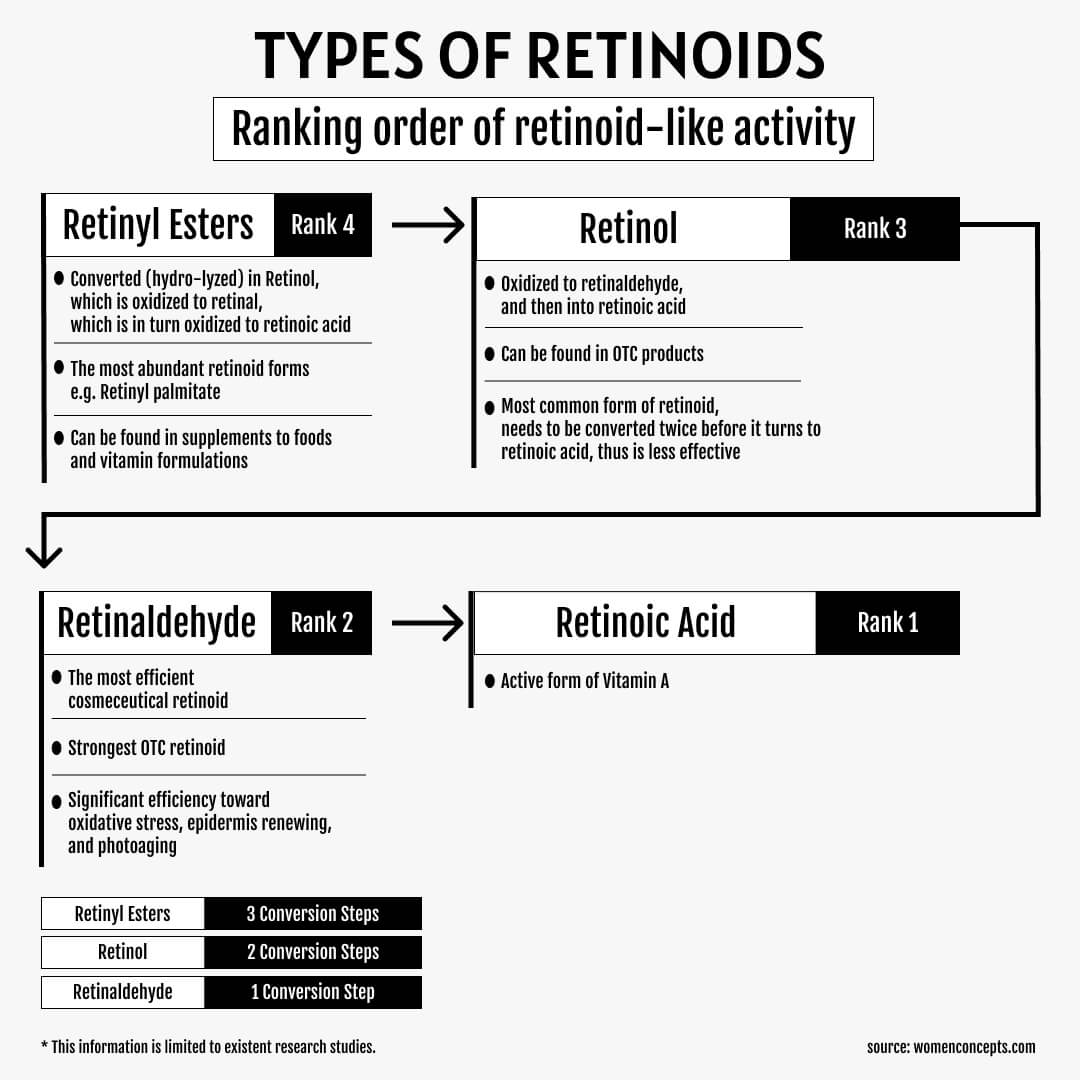
How long does retinol take to work?
Most experts agree it takes between three to six months of consistent retinol use to notice improvements in wrinkles appearance. Usually, retinol changes collagen and elastin levels after six months, which improves skin texture, reduces wrinkles and fine lines and lightens discolorations. Indeed, prescribed retinoids may work faster than retinol due to their strength, but there are higher risks of irritations.
When should I start using retinol products?
Retinol is effective for some, but don’t feel like you absolutely have to use it. It can happen that you can’t tolerate retinol. In case you do, starting to use retinol in your mid to late 20s is reasonable.
Always layer your retinol product in your PM skincare routine. First of all, retinol makes the skin photosensitive. Secondly, at night, the HGH (human growth hormone), responsible for accelerating skin repair and cell regeneration, kicks in, making you get most of your retinol product.
Related: Why Retinol Is Not Working for Me?
How to use retinol?
The risk of skin irritation is real when applying retinol. For this reason, it’s best to start using your retinol product every other day and gradually work up to nightly applications. After cleansing your complexion, use the product at hand with retinol and follow up with a repairing moisturizer to offset the chances of irritation. And most importantly, don’t mix retinol with benzoyl peroxide and AHAs/BHAs. You can learn how to use retinol on sensitive skin without messing up your complexion here.
- https://onlinelibrary.wiley.com/doi/pdf/10.1111/jocd.12193
- https://jamanetwork.com/journals/jamadermatology/fullarticle/412795
- https://www.ncbi.nlm.nih.gov/pmc/articles/PMC6791161/, “Retinoids: active molecules influencing skin structure formation in cosmetic and dermatological treatments,” published in 2019 August.
- https://pubmed.ncbi.nlm.nih.gov/26578346/, “A comparative study of the effects of retinol and retinoic acid on histological, molecular, and clinical properties of human skin,” published in 2016 March
- https://pubmed.ncbi.nlm.nih.gov/20078381/, “Improvement of photoaged facial skin by topical retinol (vitamin A alcohol): a vehicle-controlled, double-blind study”
- https://researchgate.net/publication/6316137_Improvement_of_Naturally_Aged_Skin_With_Vitamin_A_Retinol
Read next: 9 Best Retinol Creams for Beginners


